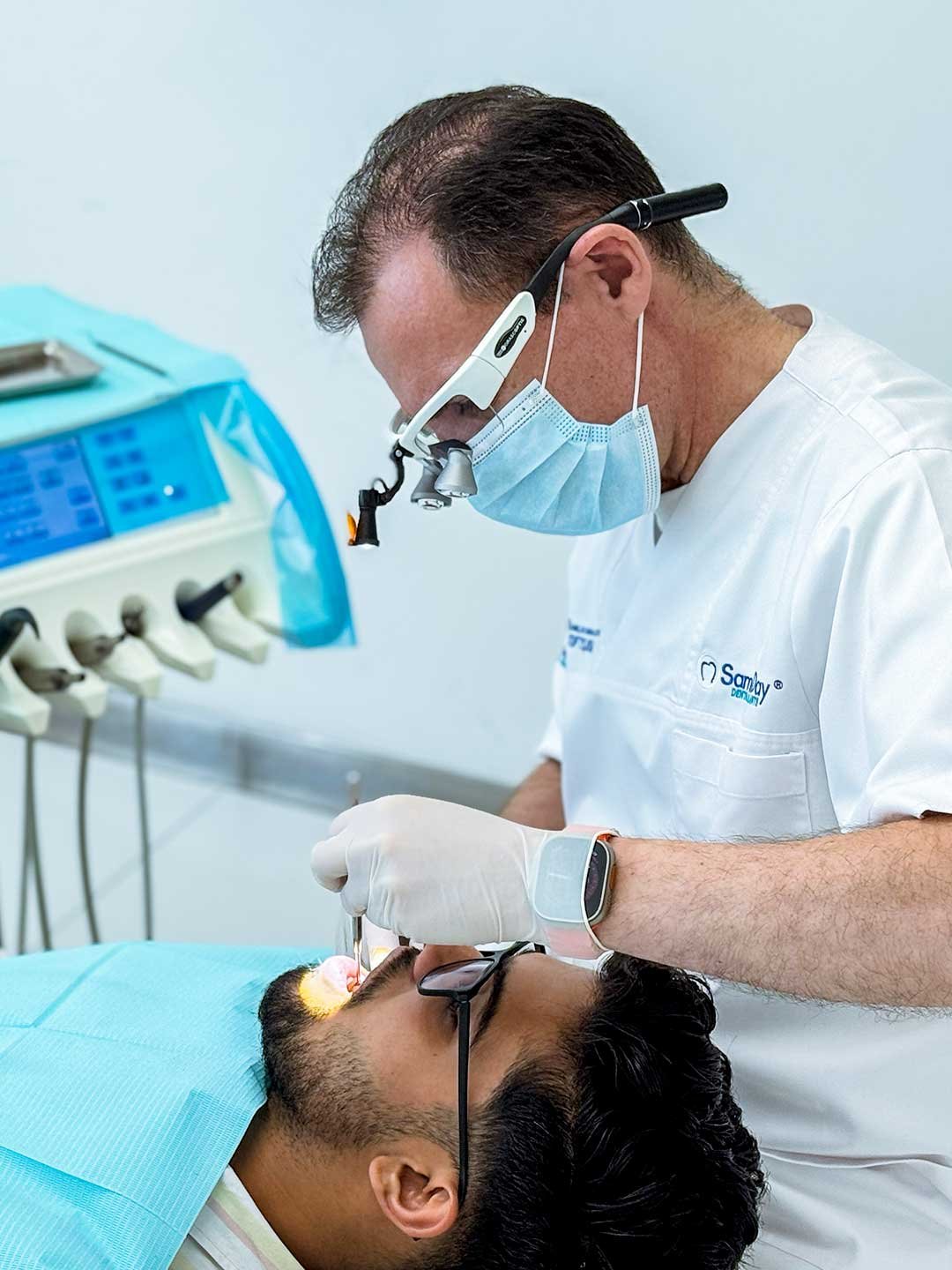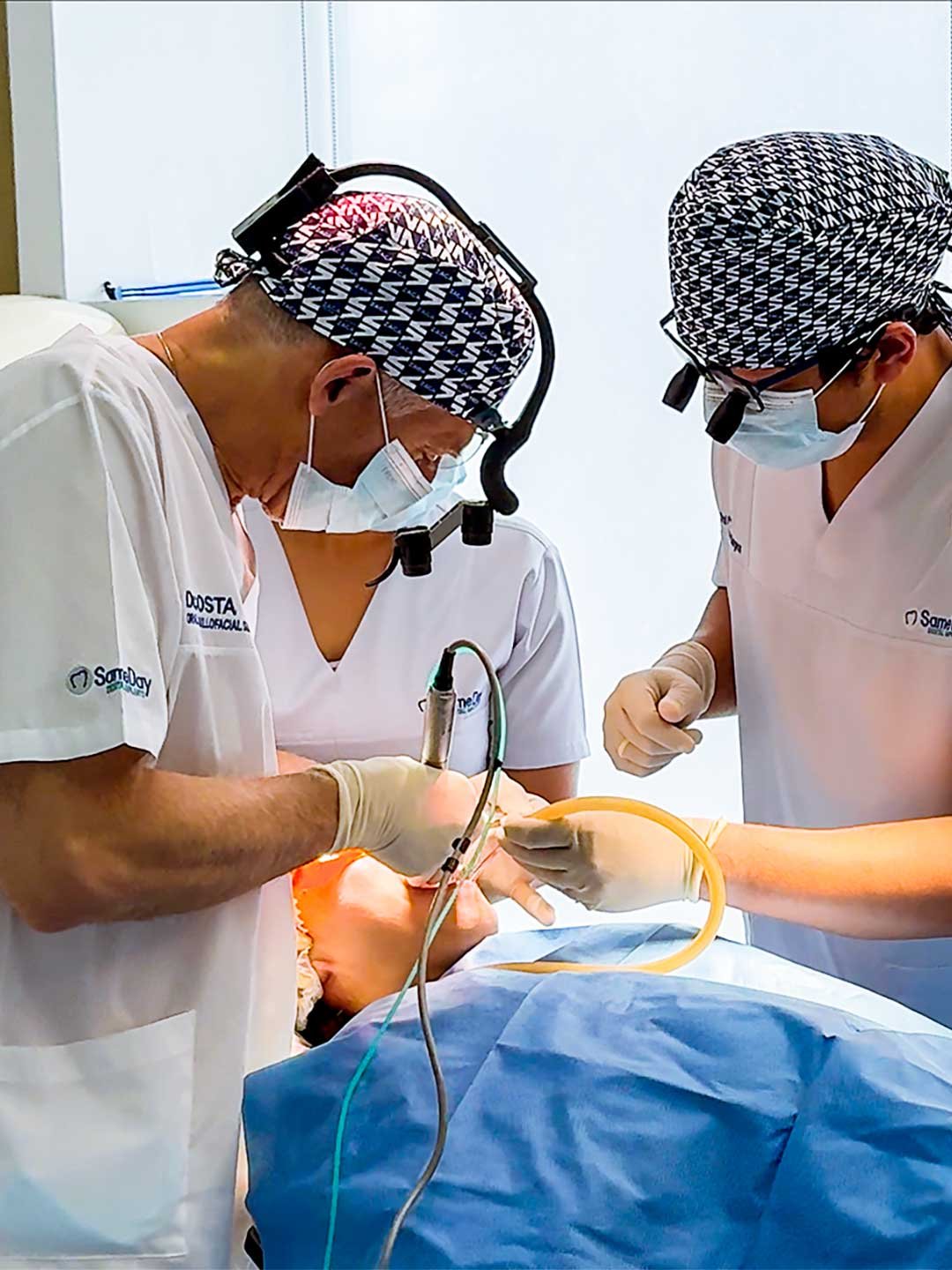- About Us
- Implants
- Services
- Consultation
- Crowns
- Bridges
- Veneers
- Full Mouth Rehabilitation
- Composite Bonding
- Dentures
- Inlays & Onlays
- Extraction
- Wisdom Tooth Extraction
- Cyst Removal
- Orthognathic Surgery
- Oral & Maxillofacial Surgery
- Bone Grafting
- Gingivectomy
- TMJ Disorder Treatments
- Crown Lengthening
- Orthodontics
- Root Canal Treatment
- Airway Dentistry
- Pediatric Dentistry
- Teeth Whitening
- Dental Cleaning
- Sedation Dentistry
- International Patients
- Doctors
- Testimonials
- Blog
- Contact Us
To Our Valued Patients
Contrary to false advertisements circulating online, SameDay Dental Clinic does not offer free dental implant treatments. For accurate information about our services, please refer to our website or contact us directly at
04 315 8300. Thank you.
04 315 8300. Thank you.



